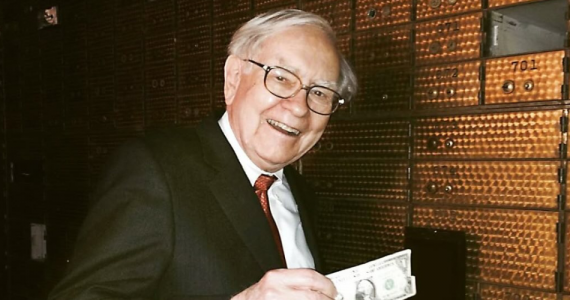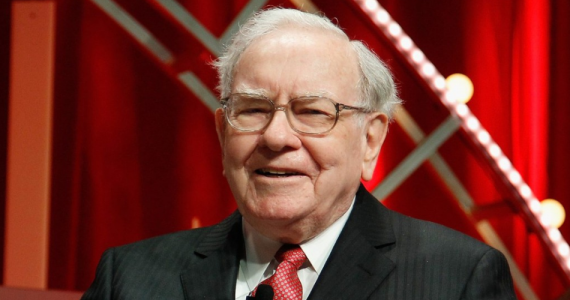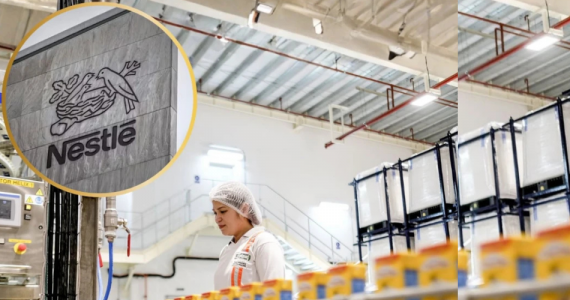It’s easy to admire a crisp uniform on Veterans Day, the rows of medals catching sunlight, the steady posture that tells you discipline runs deep. What’s harder to see—because it doesn’t fit neatly into a parade—is the way many veterans spend years after service trying to secure something as basic as steady employment.
Government data puts the number into stark relief: more than half of U.S. veterans today are unemployed. Mission Roll Call’s recent survey adds another layer—62% of military families also feel the strain, often juggling uncertainty alongside frequent relocations. The disconnect between skill and opportunity is not a question of talent. It’s a question of translation.
Why Businesses Should Actively Seek Out Veterans
If you’ve ever tried to hold a team together during a chaotic product launch or an unplanned market shake-up, you already know the value of calm, decisive leadership. Veterans have made a career out of that—only their “projects” often came with real-world stakes.
Companies that understand this don’t recruit veterans as a symbolic gesture; they do it because the return is tangible. Military-trained professionals are used to acting without a safety net.

They commit to goals, adapt when the plan collapses, and work toward outcomes without waiting for someone else to fix the problem. In industries where deadlines get messy and resources run thin, that’s not just helpful—it can be the difference between recovering and stalling out.
What Makes Veterans Stand Out
The corporate world tends to value tidy bullet points on a résumé, but veterans often carry achievements that don’t fit into neat boxes. Try condensing “responsible for the lives, safety, and performance of 120 people in an unpredictable environment” into two lines, and you’ll see the problem.
Their skill set is broad but battle-tested:
Proven leadership – Not leadership in theory, but in practice—directing people in tense, unpredictable conditions and getting results.
Adaptability – A mission can change mid-operation; veterans don’t just accept that reality, they train for it.
Team-first mindset – The military drills into its people that success is a collective achievement. In a company culture, that’s a stabilizing force.
Veterans Excel in Management Roles

Think of a military company commander: they’re balancing personnel morale, budget oversight, operational readiness, and timelines that don’t shift because of market conditions. Jim Whaley, CEO of Mission Roll Call and a 20-year Army veteran, sees this as directly comparable to a corporate CEO role—just with less margin for error and no option to call the meeting early.
Veterans also stand out in environments without much structure. In a startup, where job descriptions are more like guidelines than rules, they bring order without stifling agility. They’re comfortable wearing several hats at once, prioritizing under pressure, and holding a team accountable without killing morale.
Veteran-Led Companies Are Leading the Way
In Austin, ATX Defense is proving that veteran-led businesses can thrive while pulling others up with them. Founders Zach Walker and Shawn Kotoske didn’t just build a cybersecurity firm; they built a recruiting pipeline for service members in transition.
Through the Department of Defense’s SkillBridge program, they give soon-to-depart service members hands-on experience in civilian roles. Seven are in the program now, and several are already lined up for full-time positions. The firm’s remote-first structure isn’t just a perk—it’s a lifeline for military families still dealing with relocations.





